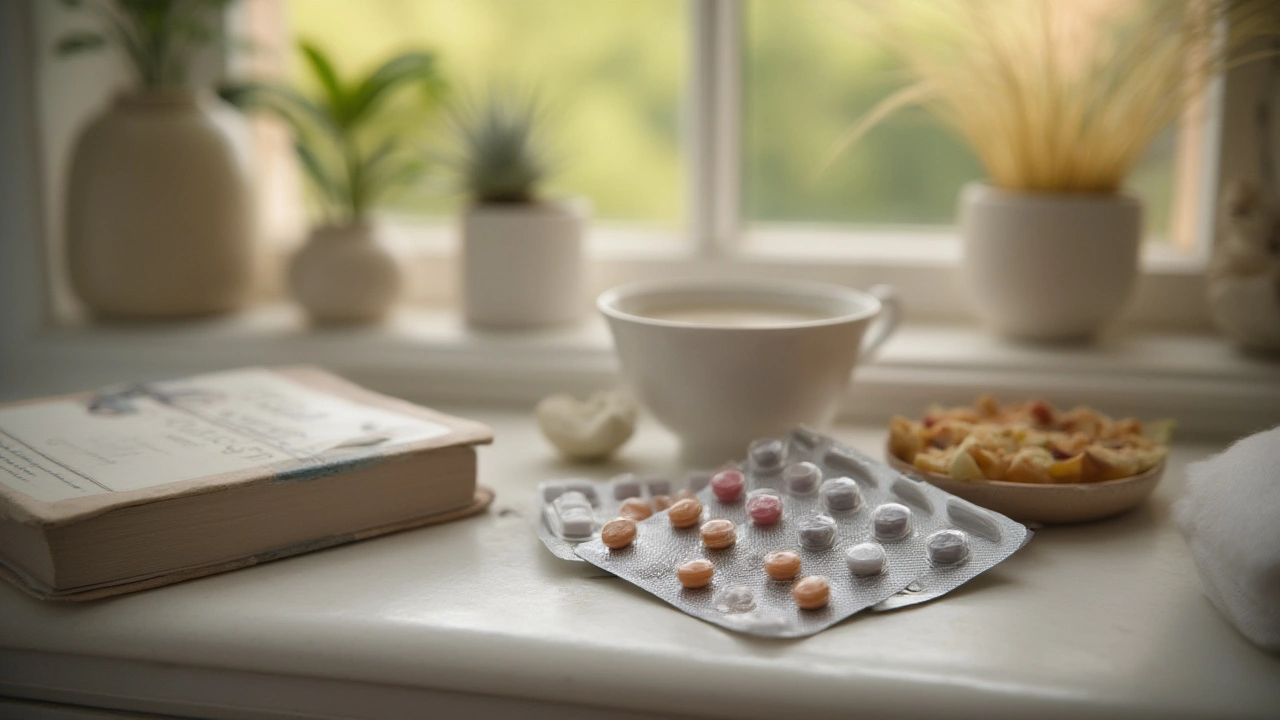Cold Sore Remedy: Fast, Proven Relief
That first tingle means a cold sore may be starting. Act fast and you can shorten the attack and feel better sooner. Here are simple, practical steps you can use at home or talk about with your doctor.
What to do at the first tingle
Start treatment as soon as you notice tingling, itching, or burning. Over-the-counter docosanol cream (Abreva) applied at the first sign can speed healing a bit. For stronger results, ask your doctor about prescription oral antivirals like valacyclovir or famciclovir—taken early, they reduce pain and make sores clear faster.
Apply a cold compress or ice wrapped in a cloth to cut throbbing and swelling. Use a plain lip balm or petroleum jelly to keep the sore from cracking. Avoid heavy creams or home mixes that irritate skin. Don’t pick at the scab—touching spreads virus and slows healing.
For pain, ibuprofen or acetaminophen helps. Topical numbing gels with lidocaine can soothe short term, but follow package directions and don’t overuse.
Home habits that help and those that don’t
Use sunscreen on your lips and avoid prolonged sun exposure—UV rays often trigger outbreaks. Manage stress and sleep better; both lower outbreak risk. Keep your hands clean and avoid sharing cups, utensils, razors, or towels while you have an active sore.
Some people try lysine supplements or lip products with zinc. Evidence is mixed: a few studies and many user reports show benefit, but results vary. If you try supplements, stick to recommended doses and tell your doctor, especially if you take other meds.
Avoid unproven remedies like toothpaste or undiluted hydrogen peroxide. They can sting, damage skin, and delay healing.
Most cold sores heal in 7–10 days without treatment, but good early care shortens symptoms and reduces spread. If you get frequent outbreaks (more than six a year), ask your doctor about daily antiviral pills to prevent recurrences.
See a doctor right away if you have a large painful outbreak, a weakened immune system, fever, or if the sore is near your eye. Pregnant people, infants, and anyone with a serious illness should get medical advice quickly—cold sores can be riskier in those groups.
Quick checklist: start topical or oral antivirals at first tingle, use cold compresses and lip balm, take pain relief if needed, avoid touching or sharing items, and see a doctor for severe or frequent cases. These simple steps cut pain, speed healing, and lower the chance you’ll pass the virus to someone else.
Aciclovir: How This Antiviral Drug Stops Herpes in Its Tracks
Aciclovir is a go-to antiviral medicine for herpes, cold sores, and shingles. Get the real details on how it works, tips for use, and what to expect.
© 2026. All rights reserved.

